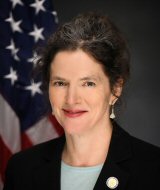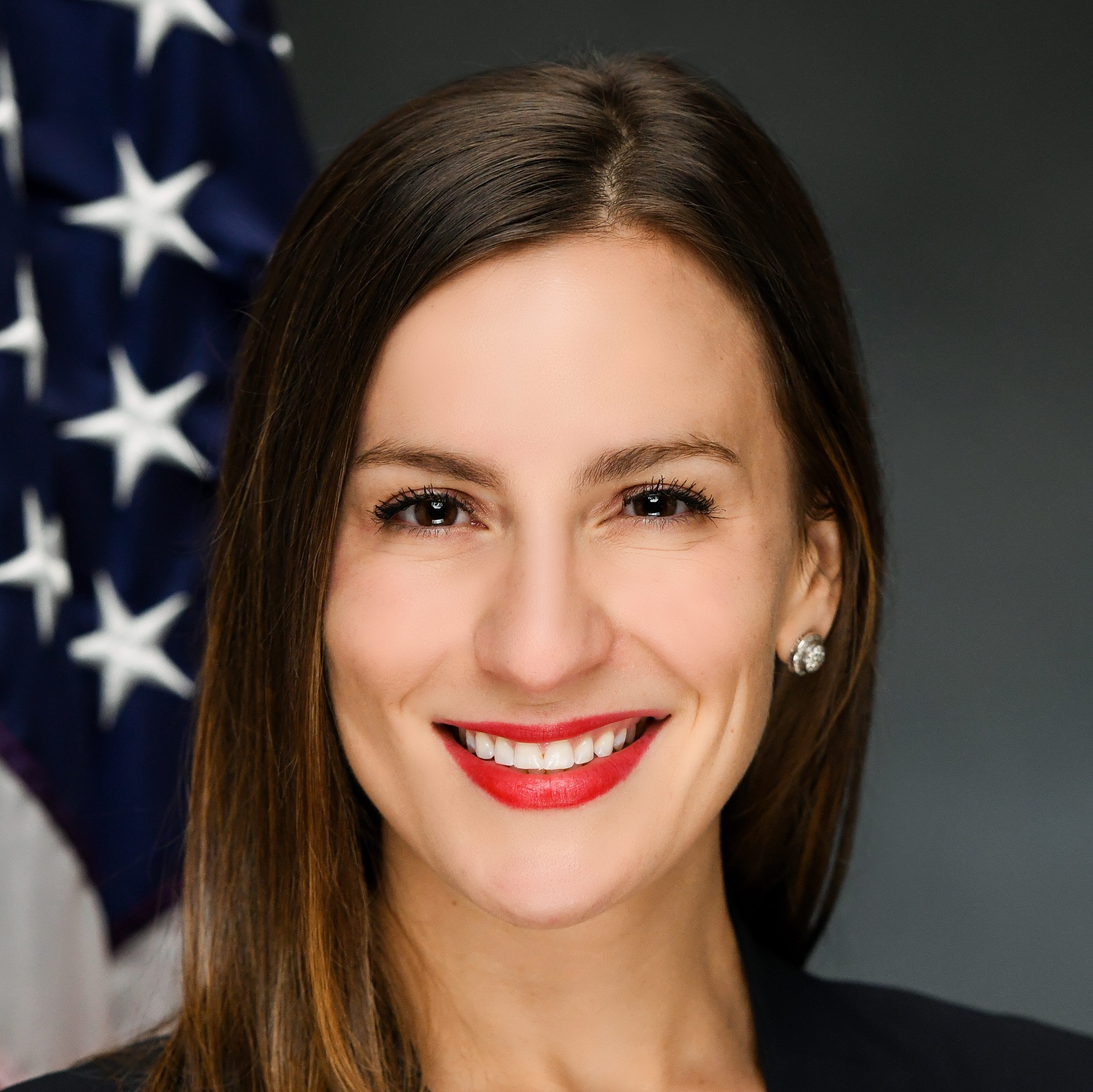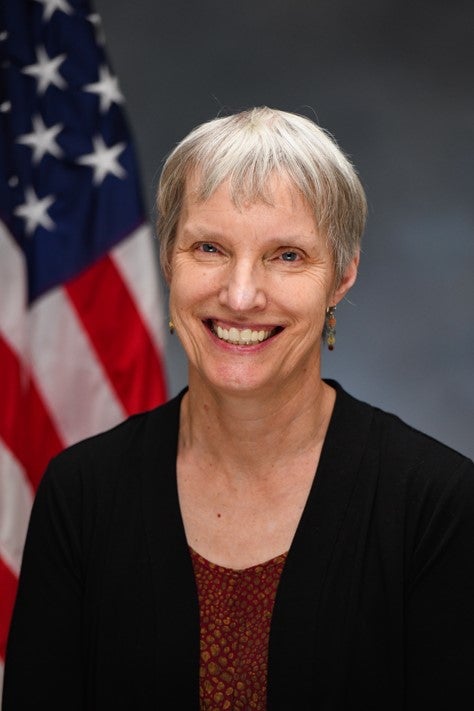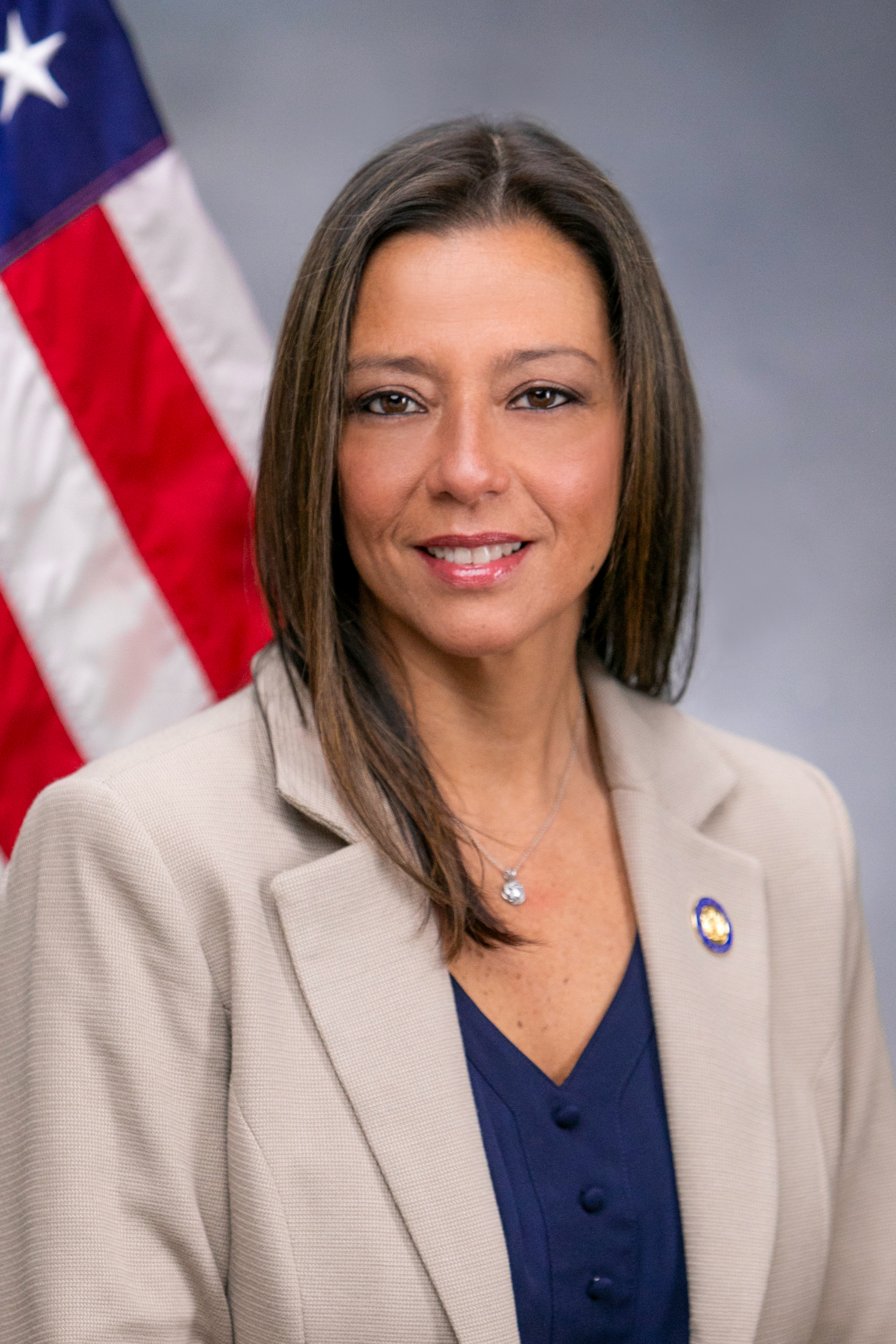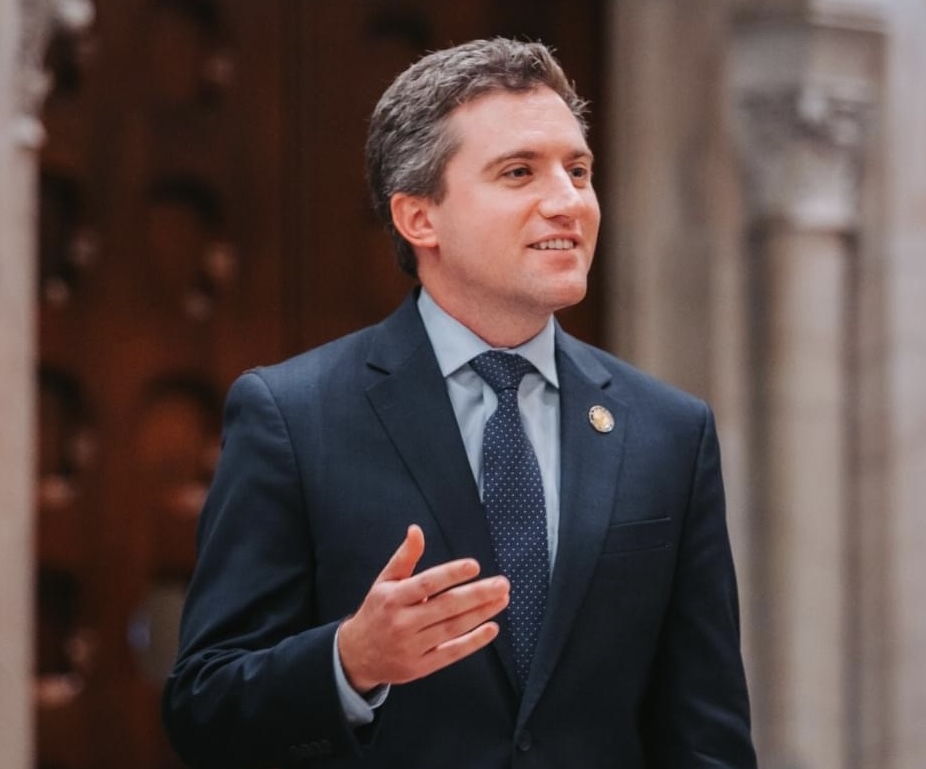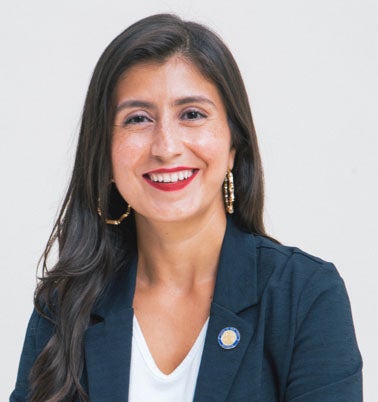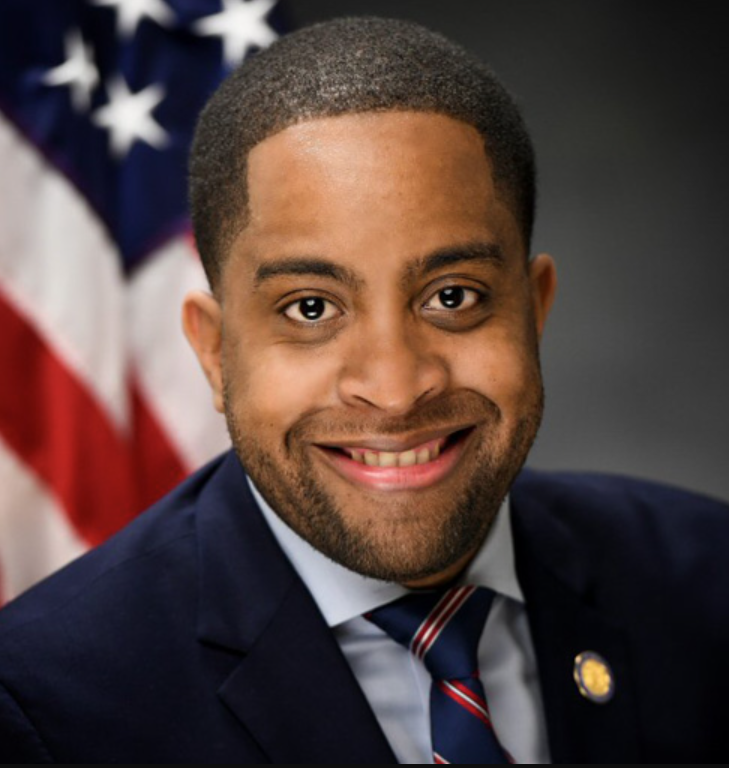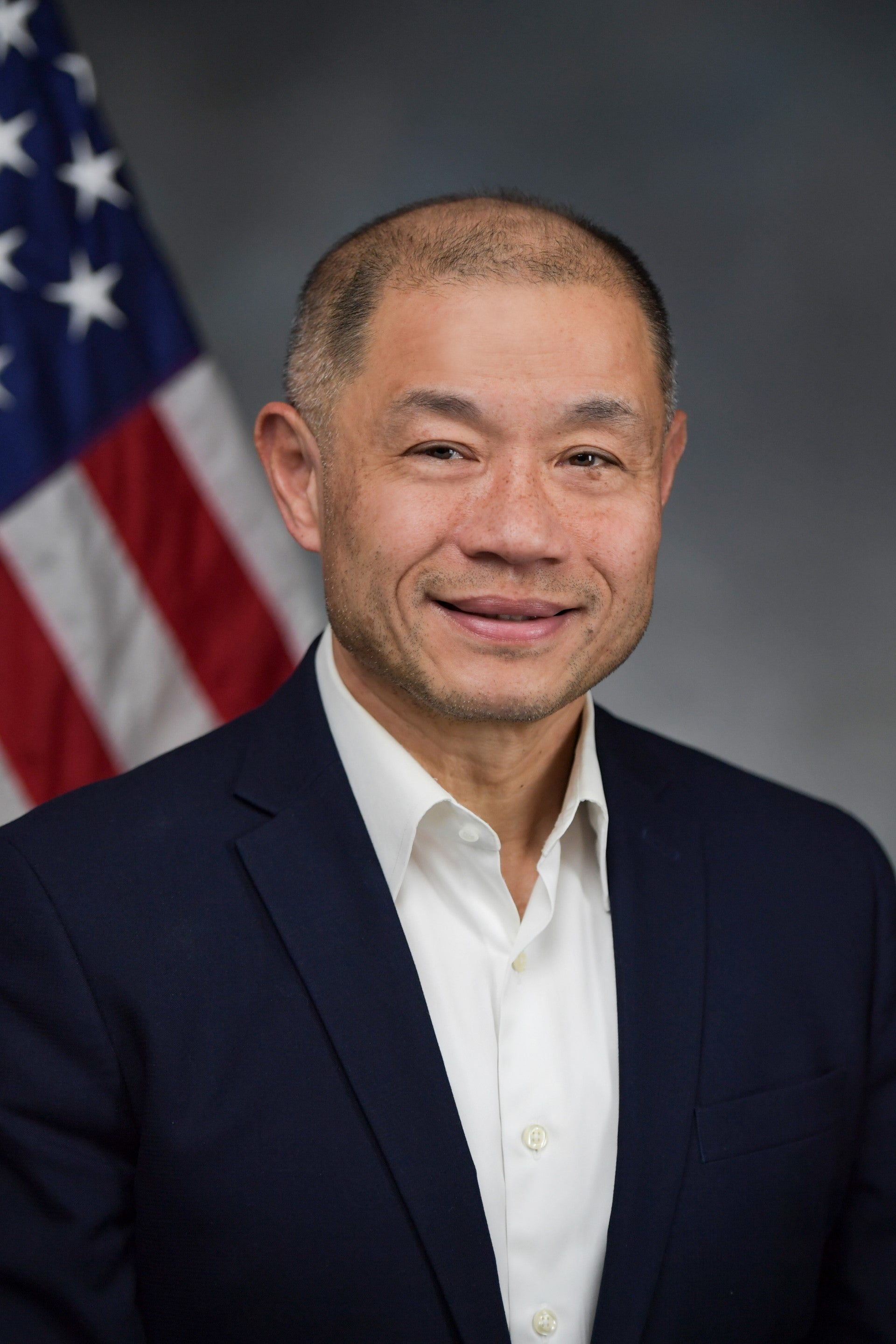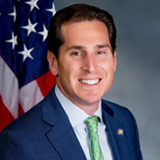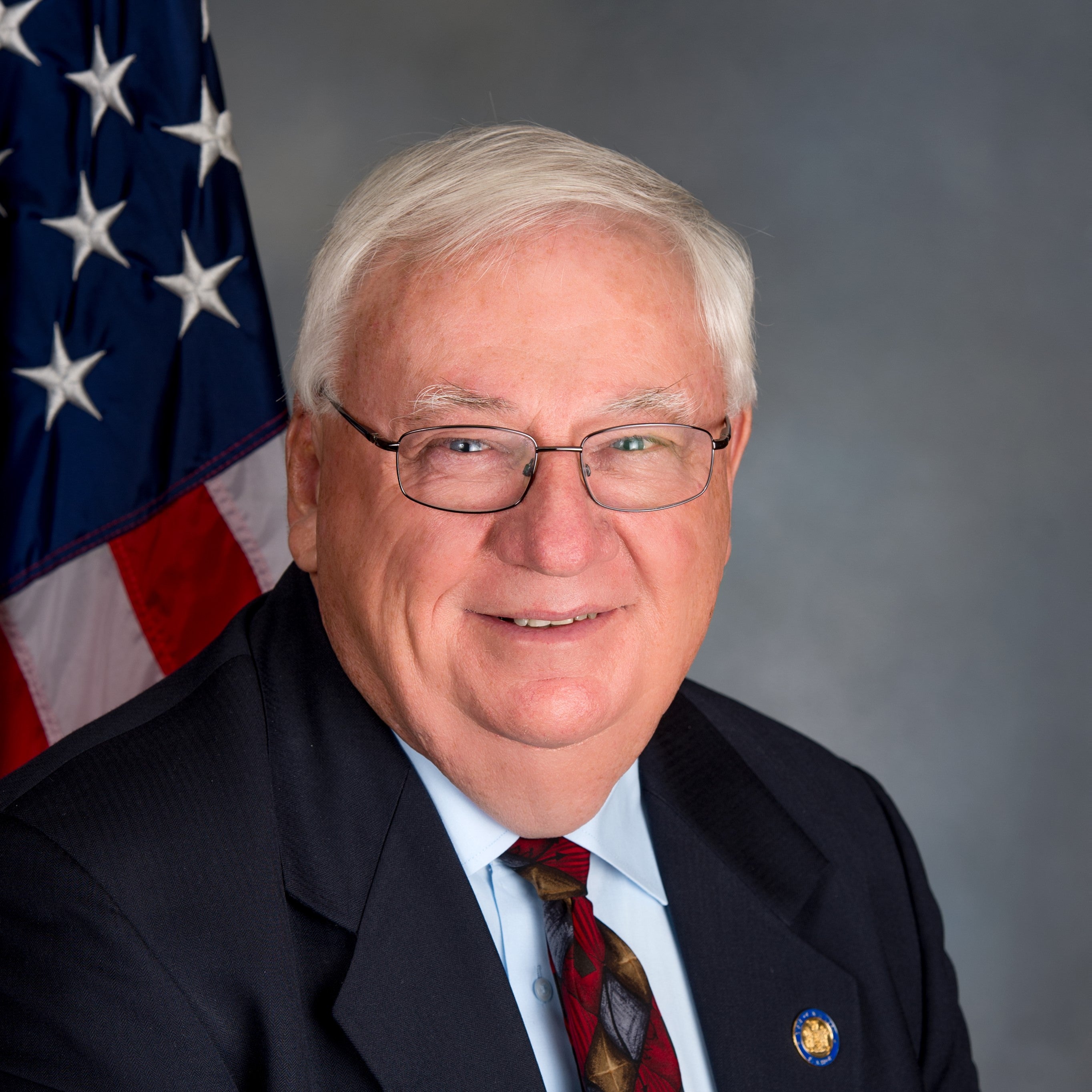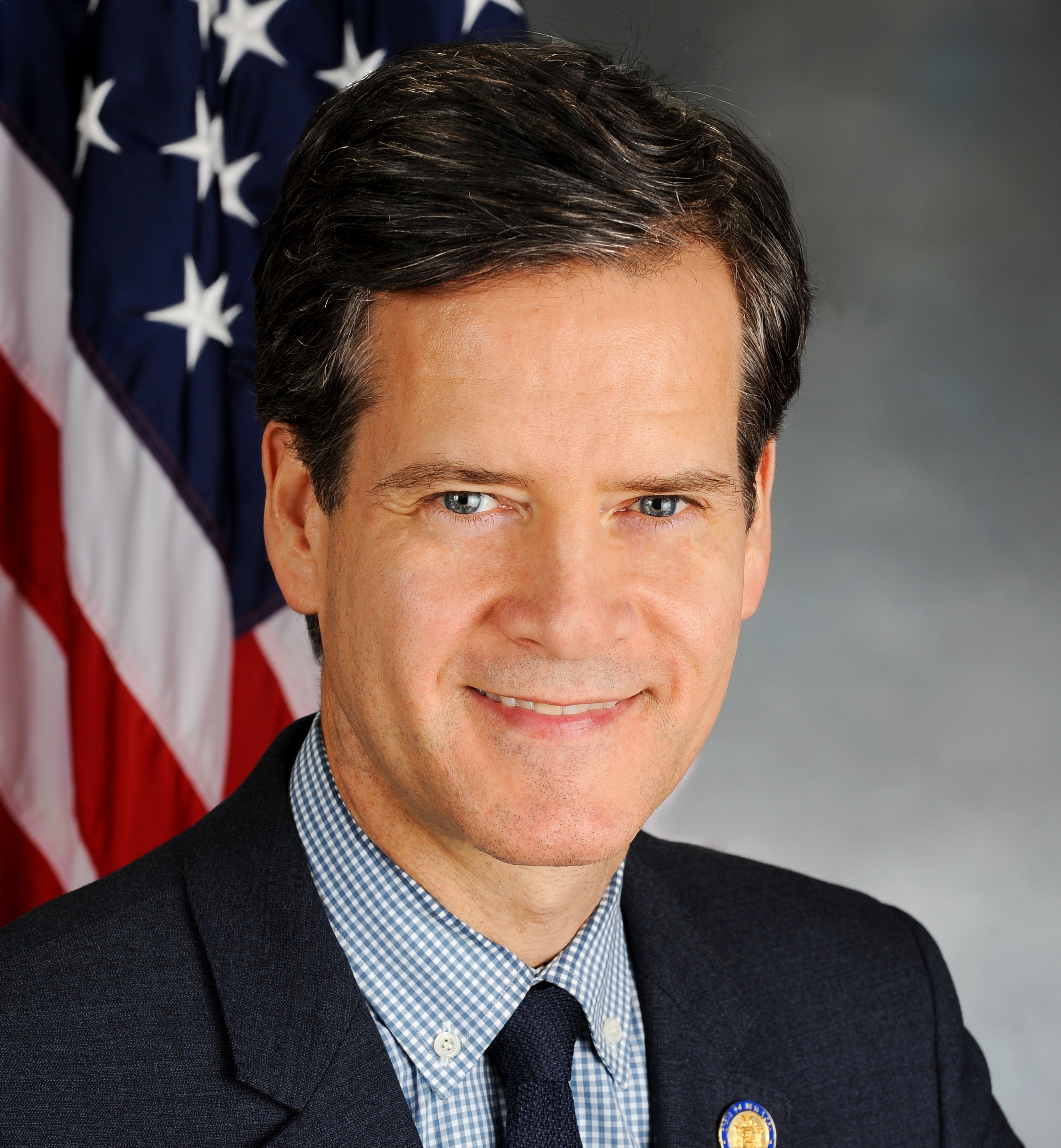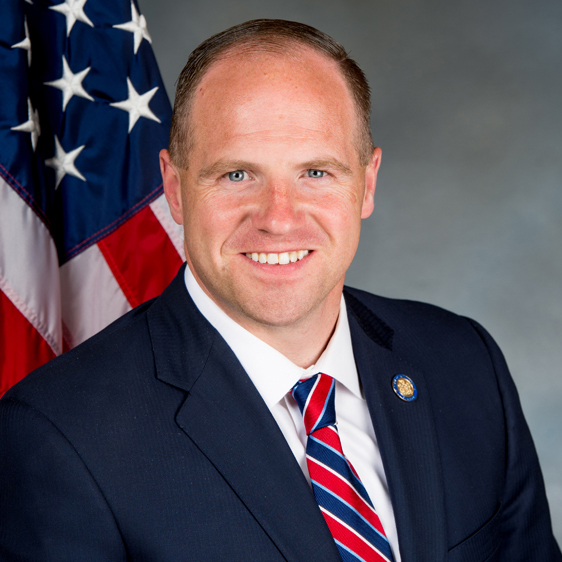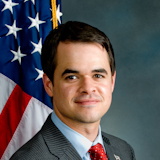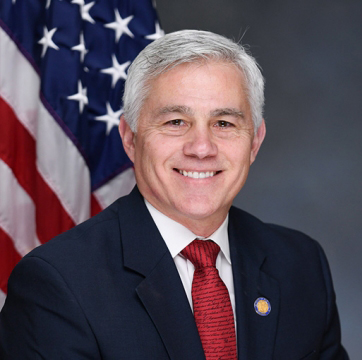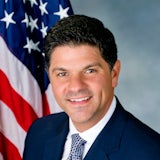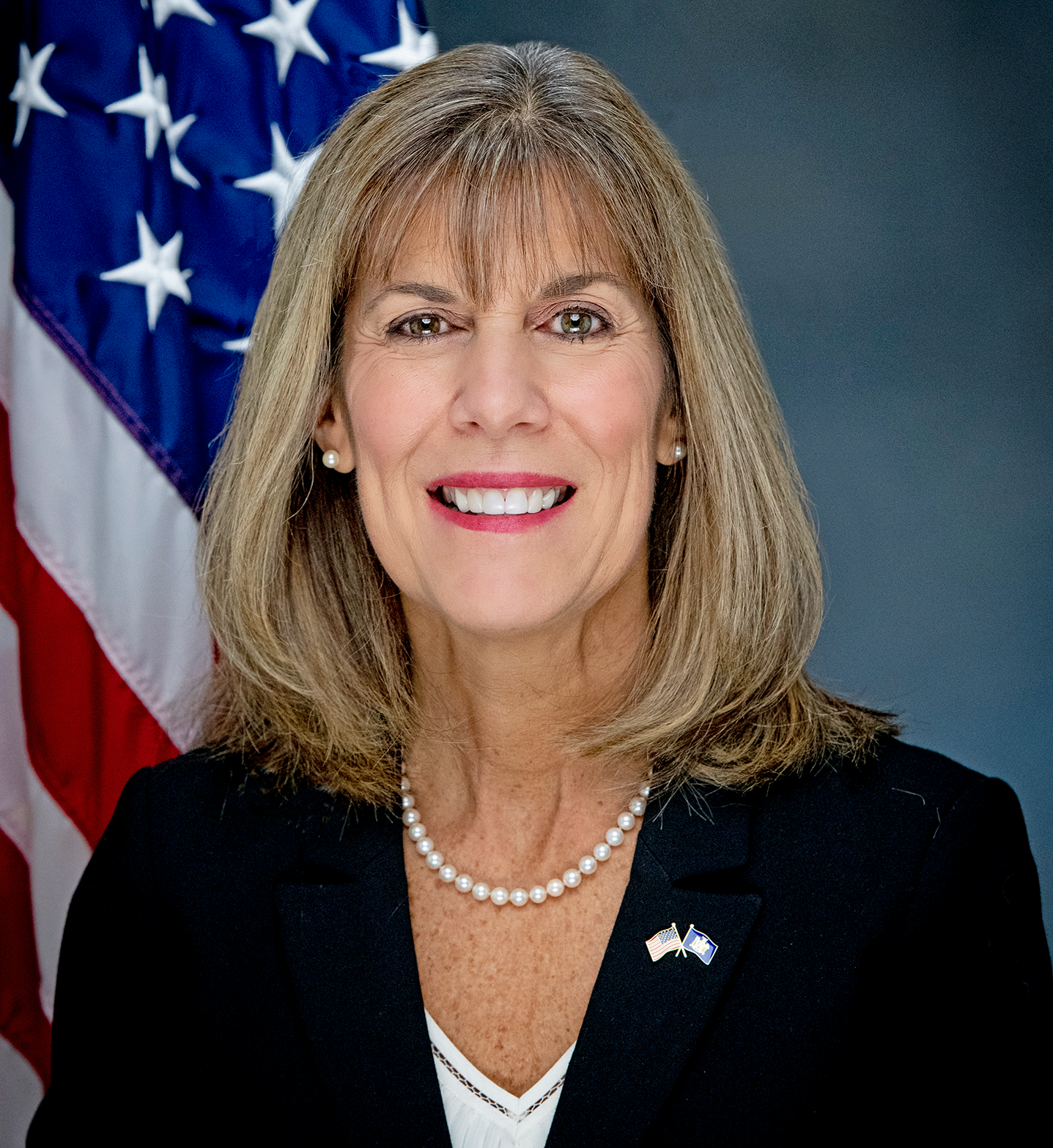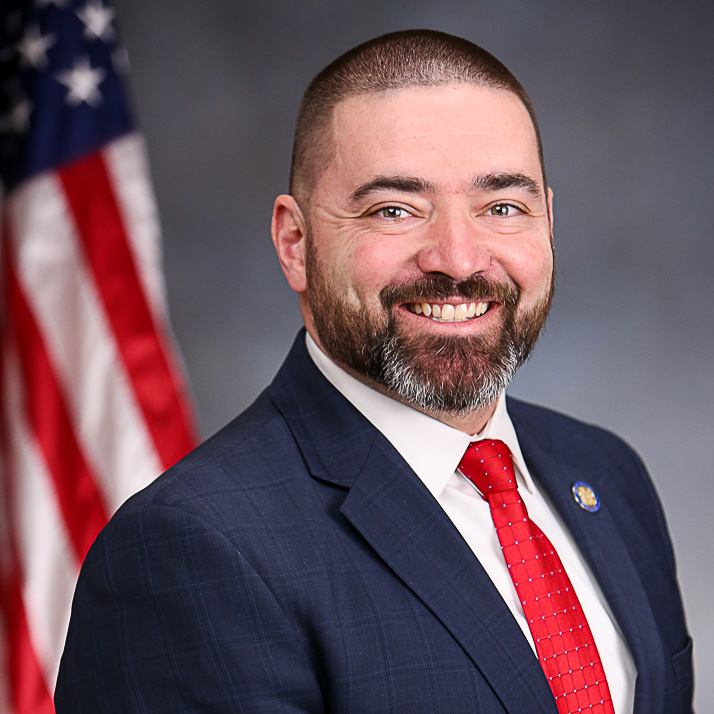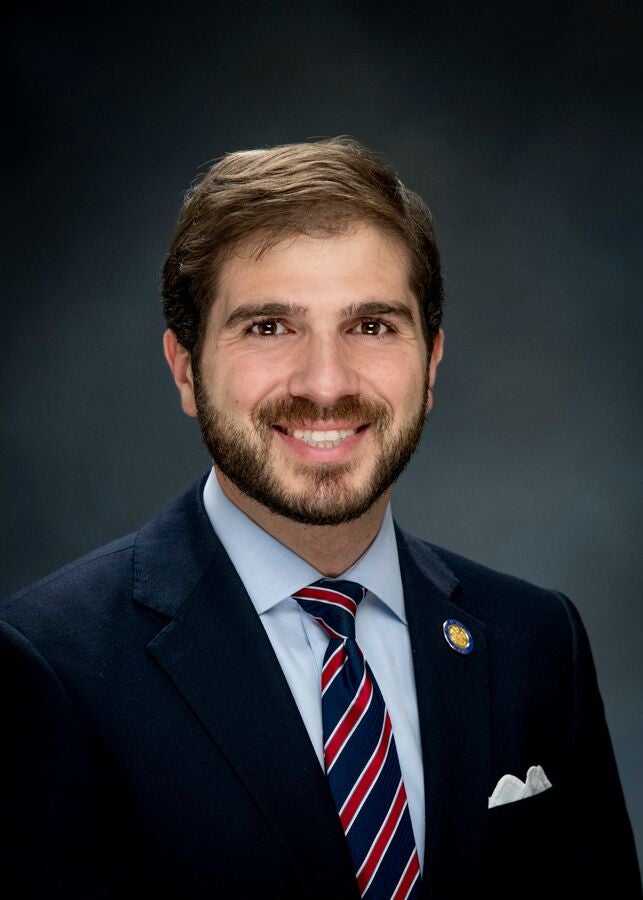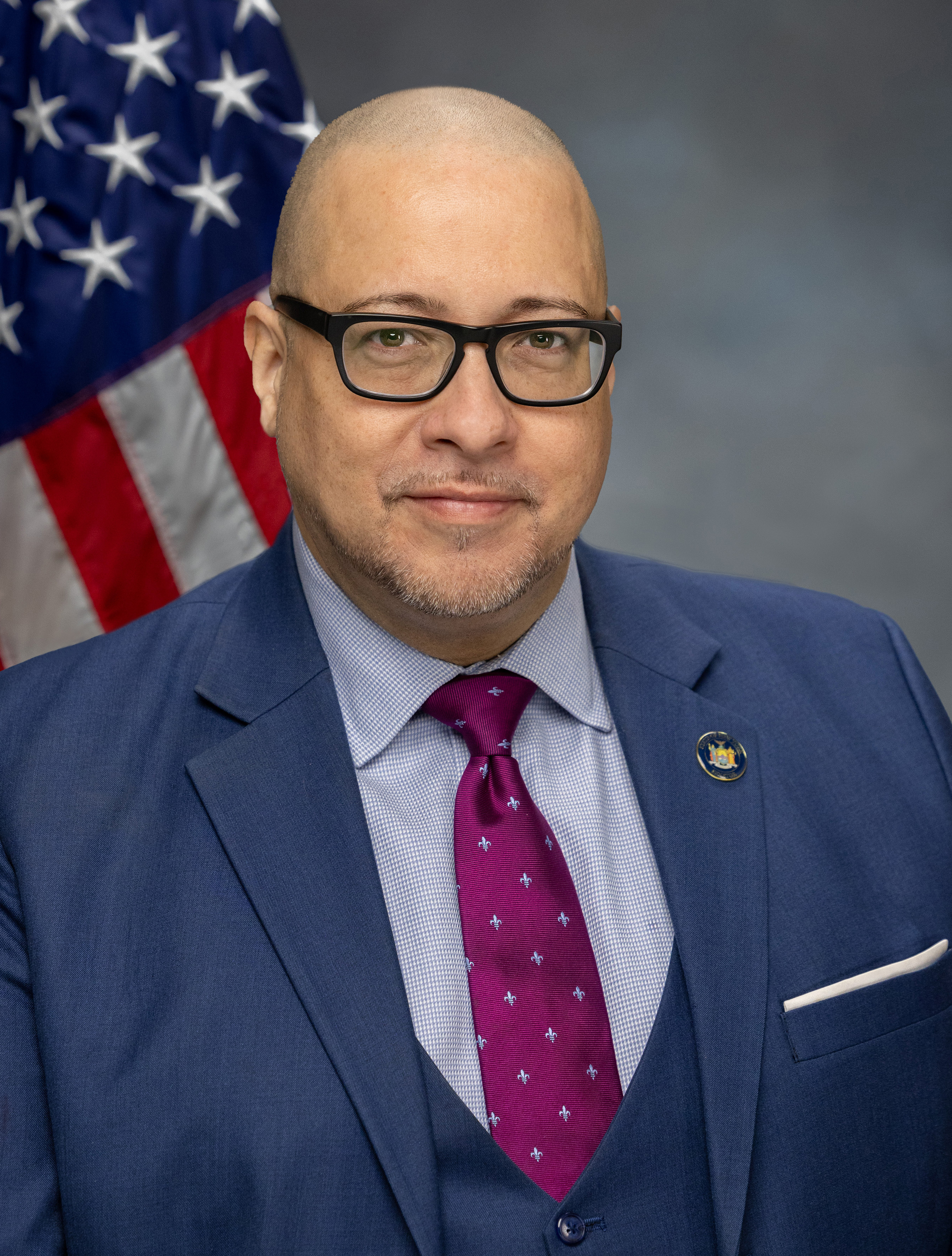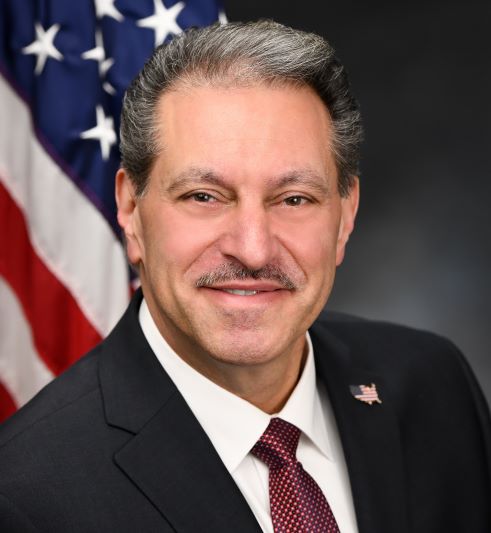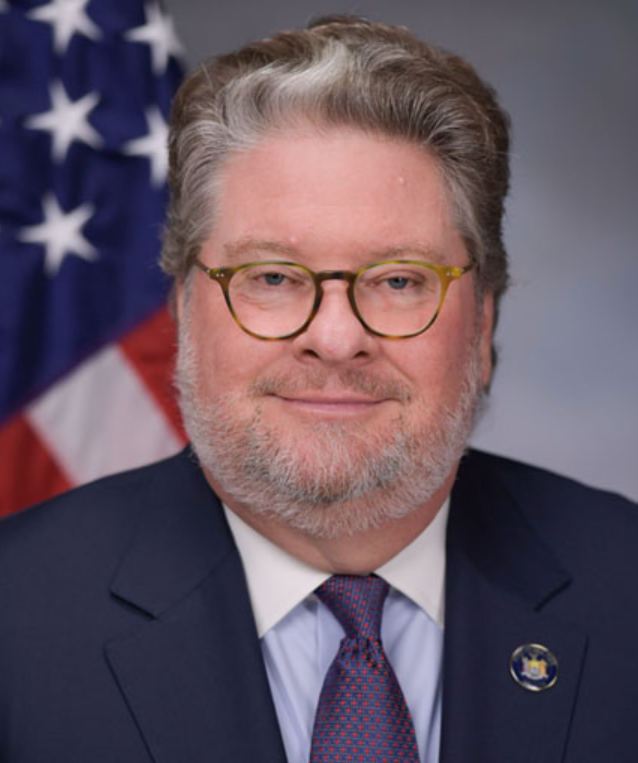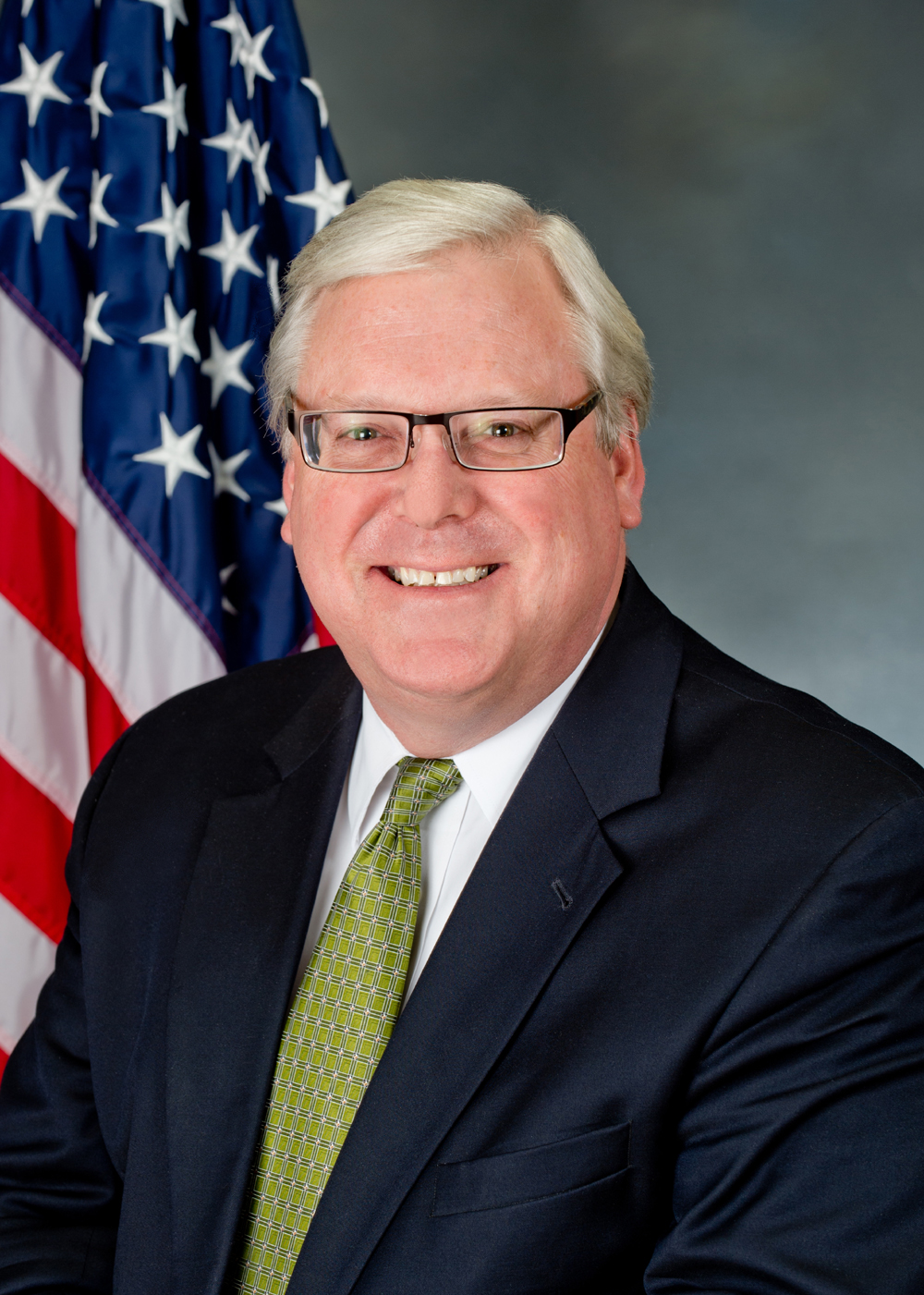| Date of Action |
Assembly Actions -
Lowercase Senate Actions - UPPERCASE |
|---|---|
| Mar 13, 2020 |
opinion referred to judiciary |
| Feb 14, 2020 |
to attorney-general for opinion |
| Jan 08, 2020 |
referred to judiciary |
| Jan 02, 2020 |
print number 594a |
| Jan 02, 2020 |
amend and recommit to judiciary |
| Feb 07, 2019 |
opinion referred to judiciary |
| Jan 11, 2019 |
to attorney-general for opinion |
| Jan 09, 2019 |
referred to judiciary |
Senate Bill S594A
2019-2020 Legislative Session
Sponsored By
(D, WF) 28th Senate District
Archive: Last Bill Status - In Senate Committee Judiciary Committee
Actions
Bill Amendments
co-Sponsors
(D, WF) Senate District
(D, WF) Senate District
(D, WF) 31st Senate District
(D) Senate District
2019-S594 - Details
2019-S594 - Sponsor Memo
BILL NUMBER: S594
SPONSOR: KRUEGER
TITLE OF BILL:
CONCURRENT RESOLUTION OF THE SENATE AND ASSEMBLY proposing that the
constitution be amended by adding a new article V-A; in relation to
state government integrity
PURPOSE:
Proposed Constitutional Amendment to replace JCOPE and the LEC with a
single, truly independent, enforcement agency, similar to the Commission
on Judicial Conduct established in Article VI of the State Constitution,
to deter corruption in the legislative and executive branches of state
government.
SUMMARY OF PROVISIONS:
SECTION 1. DECLARATIONS OF THE PEOPLE
2019-S594 - Bill Text download pdf
S T A T E O F N E W Y O R K
________________________________________________________________________
594
2019-2020 Regular Sessions
I N S E N A T E
(PREFILED)
January 9, 2019
___________
Introduced by Sens. KRUEGER, METZGER, BIAGGI, JACKSON, GAUGHRAN, MAYER,
MAY, MARTINEZ, SKOUFIS, RAMOS, MYRIE, LIU, KAPLAN, KAMINSKY, BROOKS,
SAVINO, HOYLMAN, KENNEDY, CARLUCCI, ANTONACCI, AMEDORE, JORDAN, BOYLE
-- read twice and ordered printed, and when printed to be committed to
the Committee on Judiciary
CONCURRENT RESOLUTION OF THE SENATE AND ASSEMBLY
proposing that the constitution be amended by adding a new article V-A;
in relation to state government integrity
Section 1. Resolved (if the Assembly concur), That the constitution be
amended by adding a new article V-A to read as follows:
ARTICLE V-A
STATE GOVERNMENT INTEGRITY
SEC.
1. DECLARATIONS OF THE PEOPLE.
2. NEW YORK STATE GOVERNMENT INTEGRITY COMMISSION.
3. ADDITIONAL POWERS OF THE COMMISSION.
4. FUNDING OF THE COMMISSION.
5. STATE CODE OF ETHICS.
6. RECOMMENDING REVISIONS OF CAMPAIGN CONTRIBUTION LIMITS.
7. TRANSPARENCY.
SECTION 1. A. THE PEOPLE OF NEW YORK EXPECT OFFICERS AND EMPLOYEES OF
THE STATE TO OBSERVE LAWS, RULES AND REGULATIONS THAT SPECIFY HIGH STAN-
DARDS OF ETHICAL CONDUCT DESIGNED TO AVOID THE REALITY AND APPEARANCE OF
CORRUPTION, CONFLICT OF INTEREST, SELF-DEALING AND BREACH OF THE PUBLIC
TRUST. EQUALLY THEY EXPECT THAT CANDIDATES FOR STATE OFFICE AND OTHERS
SEEKING TO INFLUENCE STATE ELECTIONS TO OBSERVE LAWS, RULES AND REGU-
LATIONS DESIGNED TO REGULATE ACTUAL AND POTENTIAL CORRUPTION AND
CONFLICTS OF INTEREST BY REGULATING THE INFLUENCE OF MONEY IN POLITICS
AND MAKING TRANSPARENT THE FINANCING AND EXPENDITURES OF EFFORTS TO
INFLUENCE VOTERS. TO PROTECT THE INTEGRITY AND FREEDOM FROM CORRUPTION
OF THE USE OF STATE POWER TO ENACT LAWS, ESTABLISH RULES AND REGU-
co-Sponsors
(D, WF) Senate District
(D, WF) Senate District
(D, WF) 31st Senate District
(D) Senate District
2019-S594A (ACTIVE) - Details
2019-S594A (ACTIVE) - Sponsor Memo
BILL NUMBER: S594A
SPONSOR: KRUEGER
TITLE OF BILL:
CONCURRENT RESOLUTION OF THE SENATE AND ASSEMBLY proposing that the
constitution be amended by adding a new article V-A; in relation to
state government integrity
PURPOSE:
Proposed Constitutional Amendment to replace JCOPE and the LEC with a
single, truly independent, enforcement agency, similar to the Commission
on Judicial Conduct established in Article VI of the State Constitution,
to deter corruption in the legislative and executive branches of state
government.
SUMMARY OF PROVISIONS:
SECTION 1. DECLARATIONS OF THE PEOPLE
2019-S594A (ACTIVE) - Bill Text download pdf
S T A T E O F N E W Y O R K
________________________________________________________________________
594--A
2019-2020 Regular Sessions
I N S E N A T E
(PREFILED)
January 9, 2019
___________
Introduced by Sens. KRUEGER, METZGER, BIAGGI, JACKSON, GAUGHRAN, MAYER,
MAY, MARTINEZ, SKOUFIS, RAMOS, MYRIE, LIU, KAPLAN, KAMINSKY, BROOKS,
SAVINO, HOYLMAN, KENNEDY, CARLUCCI, ANTONACCI, AMEDORE, JORDAN, BOYLE,
AKSHAR, BAILEY, GOUNARDES, RIVERA, SALAZAR -- read twice and ordered
printed, and when printed to be committed to the Committee on Judici-
ary -- committee discharged, bill amended, ordered reprinted as
amended and recommitted to said committee
CONCURRENT RESOLUTION OF THE SENATE AND ASSEMBLY
proposing that the constitution be amended by adding a new article V-A;
in relation to state government integrity
Section 1. Resolved (if the Assembly concur), That the constitution be
amended by adding a new article V-A to read as follows:
ARTICLE V-A
STATE GOVERNMENT INTEGRITY
SECTION 1. A. THE PEOPLE OF NEW YORK EXPECT OFFICERS AND EMPLOYEES OF
THE STATE TO OBSERVE LAWS, RULES AND REGULATIONS THAT SPECIFY HIGH STAN-
DARDS OF ETHICAL CONDUCT DESIGNED TO AVOID THE REALITY AND APPEARANCE OF
CORRUPTION, CONFLICT OF INTEREST, SELF-DEALING AND BREACH OF THE PUBLIC
TRUST. EQUALLY THEY EXPECT THAT CANDIDATES FOR STATE OFFICE AND OTHERS
SEEKING TO INFLUENCE STATE ELECTIONS TO OBSERVE LAWS, RULES AND REGU-
LATIONS DESIGNED TO REGULATE ACTUAL AND POTENTIAL CORRUPTION AND
CONFLICTS OF INTEREST BY REGULATING THE INFLUENCE OF MONEY IN POLITICS
AND MAKING TRANSPARENT THE FINANCING AND EXPENDITURES OF EFFORTS TO
INFLUENCE VOTERS. TO PROTECT THE INTEGRITY AND FREEDOM FROM CORRUPTION
OF THE USE OF STATE POWER TO ENACT LAWS, ESTABLISH RULES AND REGU-
LATIONS, AND CONTRACT FOR GOODS AND SERVICES FUNDED IN WHOLE OR IN PART
WITH STATE TAXES AND OTHER REVENUES, THE PEOPLE OF NEW YORK EXPECT
OBSERVANCE OF LAWS, RULES AND REGULATIONS THAT REGULATE LOBBYING, LOBBY-
ISTS AND GOVERNMENT PROCUREMENT. TO ENSURE THE APPROPRIATE WORKPLACE
CONDUCT OF STATE OFFICERS AND EMPLOYEES AND THOSE WHO INTERACT WITH SUCH
OFFICERS AND EMPLOYEES WHILE DEALING WITH THE STATE AND ITS INSTRUMEN-
Comments
Open Legislation is a forum for New York State legislation. All comments are subject to review and community moderation is encouraged.
Comments deemed off-topic, commercial, campaign-related, self-promotional; or that contain profanity, hate or toxic speech; or that link to sites outside of the nysenate.gov domain are not permitted, and will not be published. Attempts to intimidate and silence contributors or deliberately deceive the public, including excessive or extraneous posting/posts, or coordinated activity, are prohibited and may result in the temporary or permanent banning of the user. Comment moderation is generally performed Monday through Friday. By contributing or voting you agree to the Terms of Participation and verify you are over 13.
Create an account. An account allows you to sign petitions with a single click, officially support or oppose key legislation, and follow issues, committees, and bills that matter to you. When you create an account, you agree to this platform's terms of participation.

